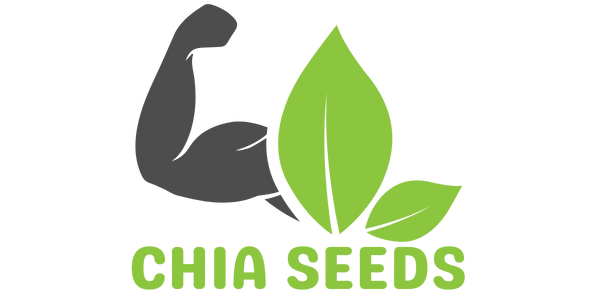When it comes to maintaining a healthy diet, fiber-rich foods play a crucial role. Fiber not only aids in digestion but also offers a myriad of health benefits, from reducing cholesterol levels to preventing diseases like colorectal cancer. Registered dietitian Anna Taylor emphasizes the importance of incorporating high-fiber foods into your daily meals. The plant kingdom offers a diverse range of fiber sources, with legumes like lentils and split peas standing out as nutritional powerhouses.
Lentils, with their variety of colors and flavors, are not only rich in protein but also packed with fiber. They can be easily incorporated into soups and salads, making them a versatile addition to your diet. Split peas, another legume, are known for their soluble fiber content and are a great source of energy. Adding them to soups or making a split pea soup can boost your fiber intake.
Black beans and pinto beans are excellent choices for fiber-rich meals, offering protein, antioxidants, and essential vitamins and minerals. These beans can be used in various dishes, from chilis to burritos, providing a fiber-filled and nutritious option. Artichoke hearts, often overlooked, are nutrient-dense and can be included in pasta, salads, or even as a pizza topping for a fiber boost.
Kidney beans and chickpeas are star players in the legume category, offering a combination of protein and fiber that keeps you full and satisfied. Chia seeds, known for their omega-3 fatty acids and protein content, are a versatile ingredient that can be added to a wide range of dishes, from oatmeal to salads, providing a fiber-rich boost.
Berries like raspberries and blackberries are not only high in fiber but also packed with antioxidants that promote overall health. These fruits can be enjoyed fresh or incorporated into smoothies or oatmeal for a delicious and nutritious treat. Whole-wheat pasta and barley are excellent sources of fiber from whole grains, offering a healthy alternative to refined grains.
Pears, almonds, and oats are fiber-rich options that provide a significant amount of fiber along with other essential nutrients. These foods can be included in your breakfast or enjoyed as snacks throughout the day. Vegetables like broccoli, Brussels sprouts, and green peas offer both soluble and insoluble fiber, along with a range of vitamins and minerals that support overall health.
Quinoa, a gluten-free grain-like superfood, is not only high in fiber but also a complete protein, making it a versatile ingredient in various dishes. Haas avocados, known for their healthy fats, are a great source of fiber and can be used in a variety of ways, from spreads to dips. Apples, edamame, and flaxseed are additional fiber-rich options that can easily be incorporated into your daily meals.
When it comes to snacks, options like air-popped popcorn, nuts, fruits, and vegetables with dips offer convenient and fiber-filled choices. While getting enough fiber from food is ideal, many Americans fall short of their daily fiber intake. The U.S. Department of Agriculture highlights the importance of fiber in the diet, emphasizing its role in preventing various health conditions.
However, increasing fiber intake abruptly can lead to digestive issues like bloating, so it’s essential to gradually introduce high-fiber foods into your diet. Adequate hydration is also crucial when consuming fiber-rich foods to prevent constipation. By making small changes and choosing fiber-rich options, you can enhance your overall health and well-being.
📰 Related Articles
- Incorporate Hydrating Foods for Optimal Health and Hydration
- Expert Advice: Essential Tips for Women’s Intimate Health Care
- Expert Advice: Best Foods for Allergic Poodles Revealed
- 7 Foods to Fight Inflammation: Expert Tips for Better Health
- Unlocking the Power of Chia Seeds for Optimal Health






